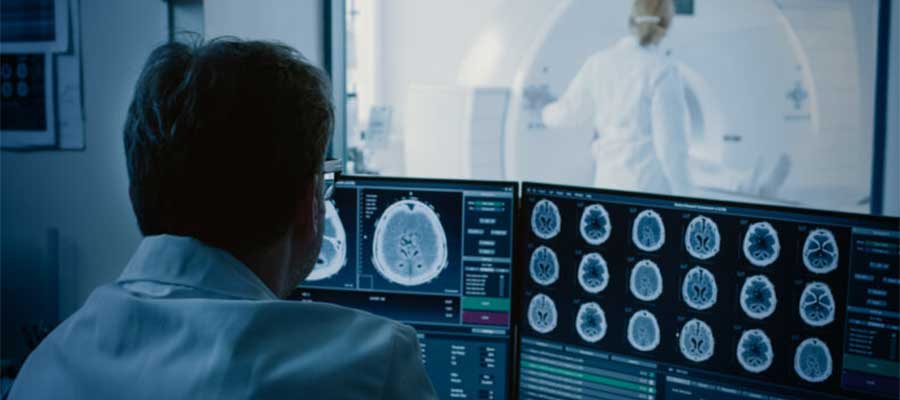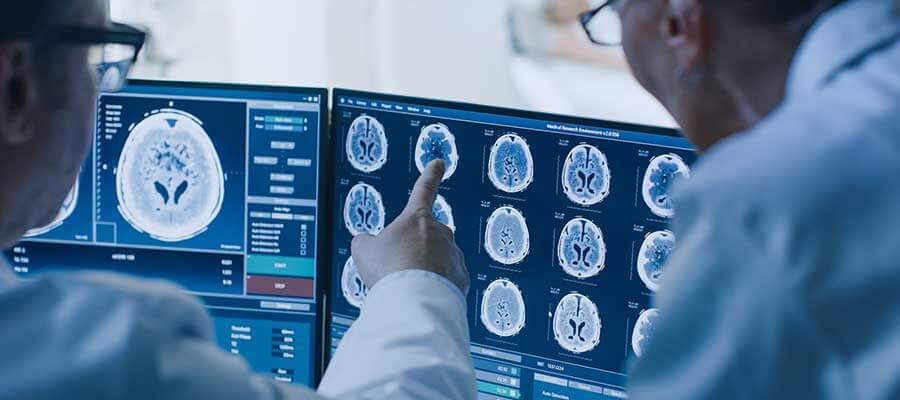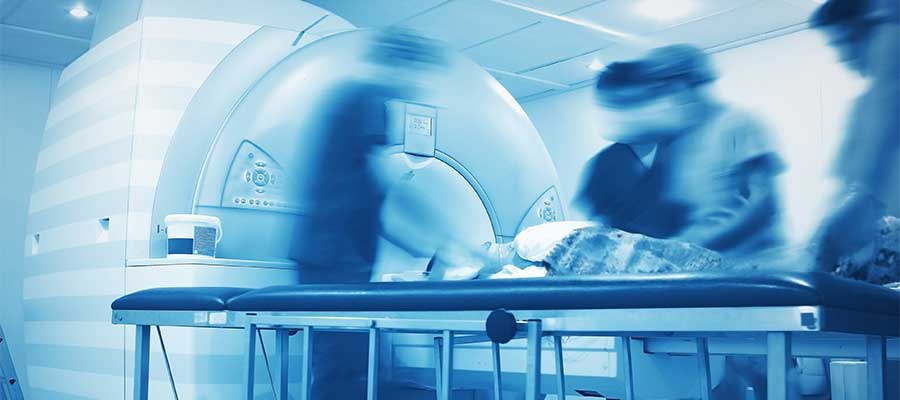Why an Online MRI Tech Associate’s Degree Works for Today’s Students
For many people considering a healthcare career, the biggest obstacle isn’t ambition—it’s time. Between full-time jobs, family commitments, and other responsibilities, the idea of going back to school can feel impossible. That’s where earning an MRI tech associate’s degree online makes such a difference. These programs provide the same comprehensive training as traditional in-person schools but with the flexibility to fit your life.
Take the story of Maya, for example. She was working in a medical office during the day and raising two children at night. Driving to a college campus three times a week just wasn’t an option. But through an online MRI program, she could study anatomy modules after her kids went to bed and complete clinical hours at a partner imaging center on weekends. Within two years, Maya had her degree, passed her certification exam, and transitioned into a full-time MRI technologist role at a local hospital. Her journey is just one example of how online programs can make career goals achievable for people with busy lives.
What You’ll Learn in an Online MRI Program
Online MRI associate degree programs are carefully structured to cover both the science behind imaging and the human side of patient care. Students start with courses in anatomy, pathology, and MRI physics to understand how the body and the machine interact. From there, training expands into pulse sequence design, image acquisition, and troubleshooting artifacts—skills that ensure you can deliver accurate, high-quality scans in any clinical setting.
But a strong program goes beyond technical knowledge. Courses in patient care, psychology, and medical ethics prepare students for the daily interactions that define the role. MRI technologists often meet patients at stressful moments, and knowing how to explain procedures clearly, ease anxieties, and build trust is just as important as mastering machine settings. General education classes in communication and algebra further strengthen problem-solving and interpersonal skills, making graduates more confident professionals overall.
The highlight for most students is the clinical externship, which is required in accredited programs. While the coursework may be completed online, the externship places students in real-world healthcare environments under the guidance of experienced technologists. This hands-on experience is where theory meets practice, and it’s the stage that transforms students into professionals ready for certification and employment.
Support Beyond Graduation
A degree is only part of the story—what happens after you graduate matters just as much. The best programs don’t just send students off with a diploma; they provide post-graduation support to help with the transition into the workforce. At Pulse Radiology Institute, graduates who demonstrate strong performance and commitment are eligible for job placement assistance, including resume help and introductions to hiring partners. With a nationwide network of clinics and hospitals, the institute helps bridge the gap between education and employment, ensuring students don’t feel like they’re navigating the job market alone.
For anyone considering this career, the opportunity is clear. MRI technologists enjoy a growing demand, competitive pay, and the chance to play a critical role in patient care. Completing an MRI tech associate’s degree online isn’t just about flexibility—it’s about creating a pathway that allows you to pursue your goals without putting the rest of your life on hold.
If you’re ready to take the next step, Pulse Radiology Institute offers accredited programs that combine online coursework with clinical training and career support. With the right program, you can turn your ambition into a future filled with stability, opportunity, and purpose.





